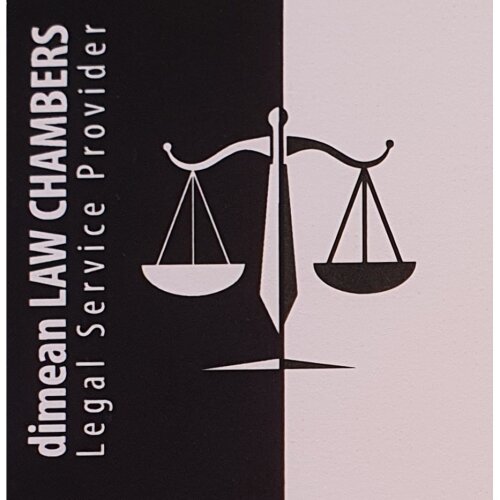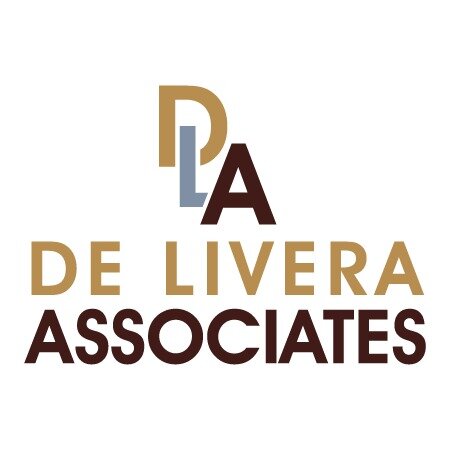Best Mortgage Lawyers in Sri Lanka
Share your needs with us, get contacted by law firms.
Free. Takes 2 min.
Free Guide to Hiring a Real Estate Lawyer
Or refine your search by selecting a city:
List of the best lawyers in Sri Lanka
About Mortgage Law in Sri Lanka
In Sri Lanka, a mortgage represents a legal agreement by which a bank, creditor, or financial institution lends money at interest in exchange for taking title of the debtor's property, with the condition that the conveyance of title becomes void upon the payment of the debt. Mortgages are commonly used by individuals and businesses to secure financing for the purchase of properties. The mortgage laws in Sri Lanka ensure that the interests of both the borrower and the lender are protected and that there are clear procedures and remedies in place in case of default.
Why You May Need a Lawyer
Engaging a lawyer for mortgage-related issues in Sri Lanka can be crucial for the following reasons:
- Property Purchase: Legal advice is often needed to understand the terms of the mortgage and ensure that all contractual obligations are clear and legally binding.
- Disputes: Disagreements between the borrower and lender, such as the application of interest rates or repayment terms, may require legal intervention.
- Foreclosure: If you face foreclosure, a lawyer can provide options and legal defenses to avoid losing your property.
- Contract Review: A lawyer can review and negotiate mortgage contracts to protect your interests.
- Regulatory Compliance: Lawyers ensure compliance with local laws and regulations, which are often complex and continually evolving.
Local Laws Overview
The key aspects of mortgage law in Sri Lanka involve:
- Registration: Mortgages must be registered in accordance with the Registration of Documents Ordinance to be enforceable.
- Foreclosure Process: Specific legal processes must be followed before a lender can proceed with foreclosure, providing some protection to borrowers.
- Interest Rates: The Control of Interest Act governs interest rates applied to mortgages, but contractual agreements also play a role.
- Rights of Redemption: Borrowers have the legal right to redeem the property upon payment of due amounts.
- Sri Lankan Banking Act: Sets the regulatory framework that financial institutions must follow when issuing mortgages.
Frequently Asked Questions
What is a mortgage?
A mortgage is a loan secured by the property being purchased or refinanced, where the lender holds the title as security until the debt is repaid.
What types of mortgages are available in Sri Lanka?
Sri Lanka offers various types of mortgages, including fixed-rate, adjustable-rate, and interest-only mortgages, tailored to a borrower's financial situation.
How is the interest rate determined?
Interest rates are typically set by the financial institution and may be influenced by the Central Bank of Sri Lanka's monetary policy. They can be fixed or variable.
What happens if I default on my mortgage?
If you default, the lender may initiate foreclosure proceedings to take possession of the property used as collateral.
Can I negotiate the terms of my mortgage?
Yes, you can negotiate terms such as the interest rate, repayment schedule, and penalties for early payment with your lender.
What is foreclosure?
Foreclosure is a legal process by which a lender takes control of a property when the borrower fails to meet the repayment terms of the mortgage.
How long does a typical mortgage last?
Mortgage terms in Sri Lanka typically range from 10 to 30 years, with the duration depending on the agreement between the borrower and lender.
Can I transfer my mortgage to another person?
Mortgage transfer is possible, subject to the lender’s approval, but often requires refinancing the mortgage.
What fees are involved in taking a mortgage?
Common fees include processing fees, legal fees, valuation fees, and government levies. These should be detailed in the mortgage agreement.
What legal regulations do mortgage lenders follow?
Lenders must adhere to regulations set forth in the Banking Act and other statutory requirements, ensuring all parties meet their legal obligations.
Additional Resources
For more information and assistance, consider reaching out to the following:
- The Central Bank of Sri Lanka: Provides guidance on monetary policy affecting mortgages.
- The Ministry of Justice: Facilitates access to legal resources and housing-related legal texts.
- Licensed Commercial Banks: Offer detailed information and guidance on specific mortgage products.
- Legal Aid Commission: Provides free legal services and advice to those in need.
Next Steps
If you require legal assistance regarding a mortgage in Sri Lanka, consider the following steps:
- Consultation: Schedule a consultation with a lawyer specializing in real estate or financial law.
- Document Review: Gather all relevant documents related to your mortgage for your lawyer to review.
- Plan of Action: Work with your lawyer to devise a strategy that addresses your particular needs or issues effectively.
- Negotiate: Your lawyer can assist you in negotiating terms with lenders or other parties.
- Monitoring: Keep abreast of changes in mortgage regulations with your lawyer’s guidance.
Lawzana helps you find the best lawyers and law firms in Sri Lanka through a curated and pre-screened list of qualified legal professionals. Our platform offers rankings and detailed profiles of attorneys and law firms, allowing you to compare based on practice areas, including Mortgage, experience, and client feedback.
Each profile includes a description of the firm's areas of practice, client reviews, team members and partners, year of establishment, spoken languages, office locations, contact information, social media presence, and any published articles or resources. Most firms on our platform speak English and are experienced in both local and international legal matters.
Get a quote from top-rated law firms in Sri Lanka — quickly, securely, and without unnecessary hassle.
Disclaimer:
The information provided on this page is for general informational purposes only and does not constitute legal advice. While we strive to ensure the accuracy and relevance of the content, legal information may change over time, and interpretations of the law can vary. You should always consult with a qualified legal professional for advice specific to your situation.
We disclaim all liability for actions taken or not taken based on the content of this page. If you believe any information is incorrect or outdated, please contact us, and we will review and update it where appropriate.
Browse mortgage law firms by city in Sri Lanka
Refine your search by selecting a city.

















